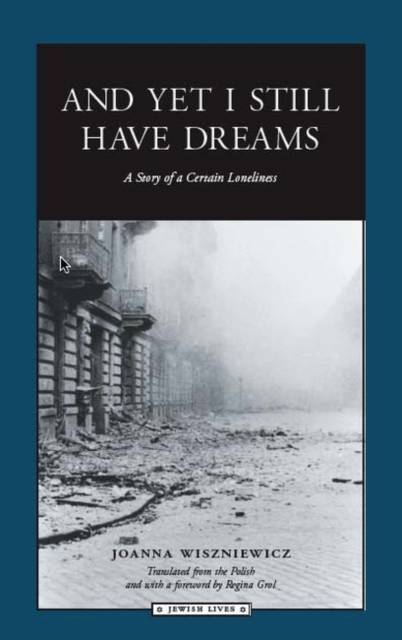
- Retrait gratuit dans votre magasin Club
- 7.000.000 titres dans notre catalogue
- Payer en toute sécurité
- Toujours un magasin près de chez vous
- Retrait gratuit dans votre magasin Club
- 7.000.000 titres dans notre catalogue
- Payer en toute sécurité
- Toujours un magasin près de chez vous
Description
And Yet I Still Have Dreams is a departure from many Holocaust memoirs and biographies. Based on interviews with "Alex," an anonymous survivor of the Warsaw Ghetto and three concentration camps, the story follows him from his assimilated childhood to his coming to terms with his memories of the Holocaust as an older man. Alex is angry, pugnacious, and contemptuous of the stereotypes found in some survivor literature and honest about the shortcomings of other works. The book provides a connection to seldom discussed aspects of the Holocaust: the gulf between rich and poor Jews and how this translated into everyday survival; the refusal by Alex to see himself or Jews in general as heroes or victims; his own self-absorption as a teen in the ghetto; and his "priviliged" family's near-indifference to the suffering of those around them. Alex paints a picture of complex and diverse Jewish society in prewar Poland, revealing how, many years later and despite his determine to leave it in the past, the burdens of memory--and the dreams--linger.
Spécifications
Parties prenantes
- Auteur(s) :
- Editeur:
Contenu
- Nombre de pages :
- 133
- Langue:
- Anglais
- Collection :
Caractéristiques
- EAN:
- 9780810118133
- Date de parution :
- 31-12-04
- Format:
- Livre relié
- Format numérique:
- Genaaid
- Dimensions :
- 145 mm x 230 mm
- Poids :
- 312 g







